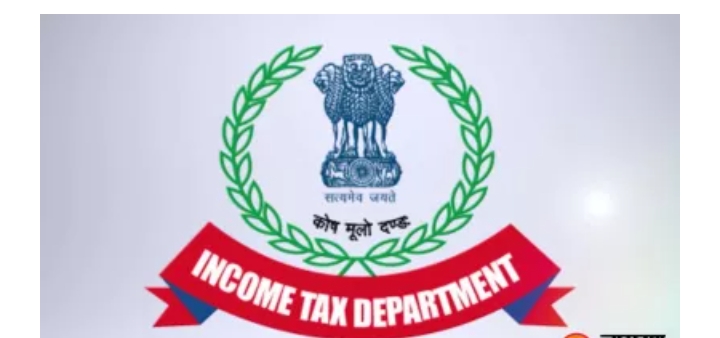The Income Tax Department has today sent notices to many startups asking them to provide information about their investors. Actually the Income Tax Department wants to test the credibility of these investors. Apart from this, the Income Tax Department also wants to check whether the amount invested matches the income declared by the investors or not. Read what is the whole matter.
In India, investors are investing heavily in fast growing reliable startups in almost every sector. Now the Income Tax Department has its eyes fixed on these investors. The Income Tax Department has today sent notices to some startups asking for information about their investors.
What does the Income Tax Department want to know?
Actually the Income Tax Department wants to check the credibility of these investors. Apart from this, the Income Tax Department also wants to verify whether the amount invested is in line with the income declared by the investors or not.
The Income Tax Department, responding to a social media post by Bharat Pe co-founder and former MD Ashneer Grover, said that under the law, it is the responsibility of the company to provide the identity and credentials of investors as well as the genuineness of the transactions. Is of.
Ashneer Grover had asked the question on X (Twitter)
Let us tell you that Ashneer Grover tweeted on
Let us tell you that Ashneer Grover tweeted on
Ashneer told that some of these startups are also in his portfolio. He said that it is quite interesting that the Income Tax Department is asking start-up companies to submit 3 years’ ITR of all shareholders.
Ashneer asked the question as to how and why the startup would have ITR of the shareholders. “Why would a shareholder/individual share his ITR with a private company?” Grover has asked the Union Finance Ministry to look into this.
Income Tax Department replied
In response to Ashneer Grover’s tweet, the Income Tax Department wrote that
Section 68 of the Income Tax Act, 1961 (Act) under which the Assessing Officer (AO) has inquired about the creditworthiness of the shareholder/investor, the assessee-company has to prove the identity of the investors, the creditworthiness of the investor and the genuineness of the transaction.



